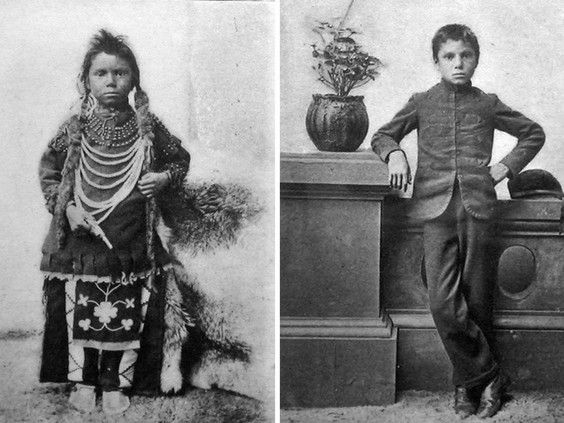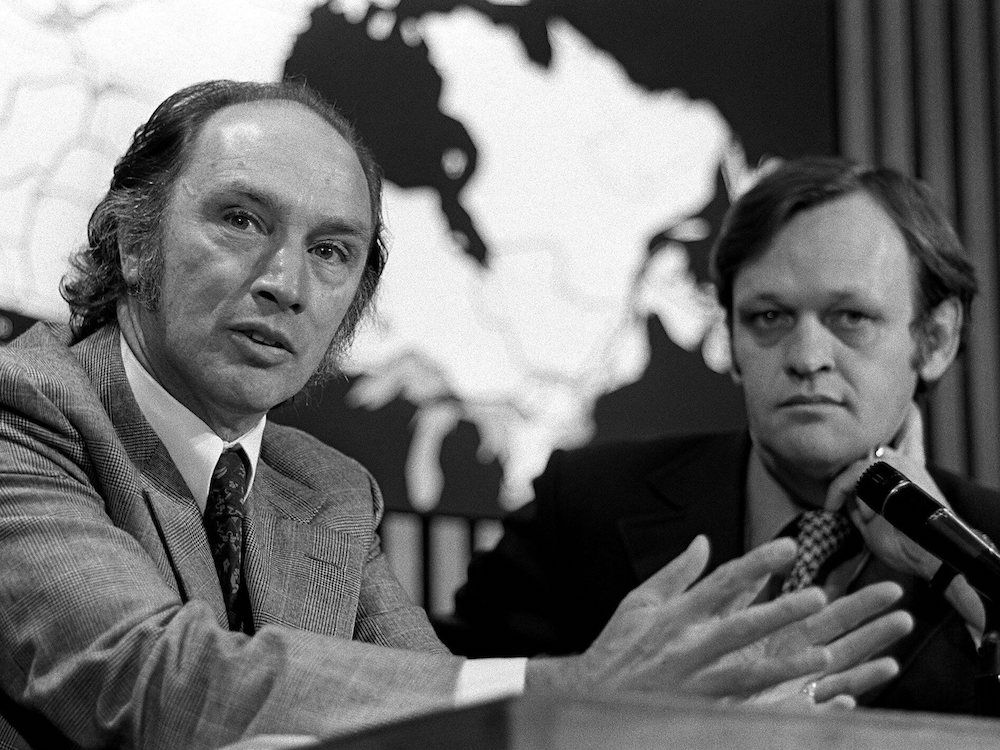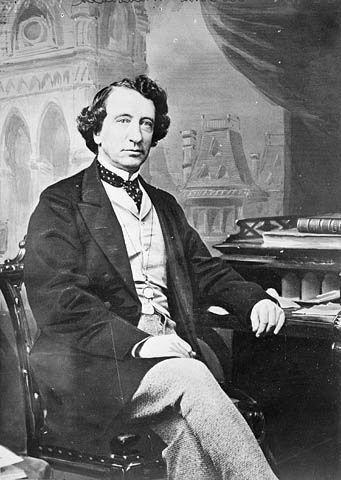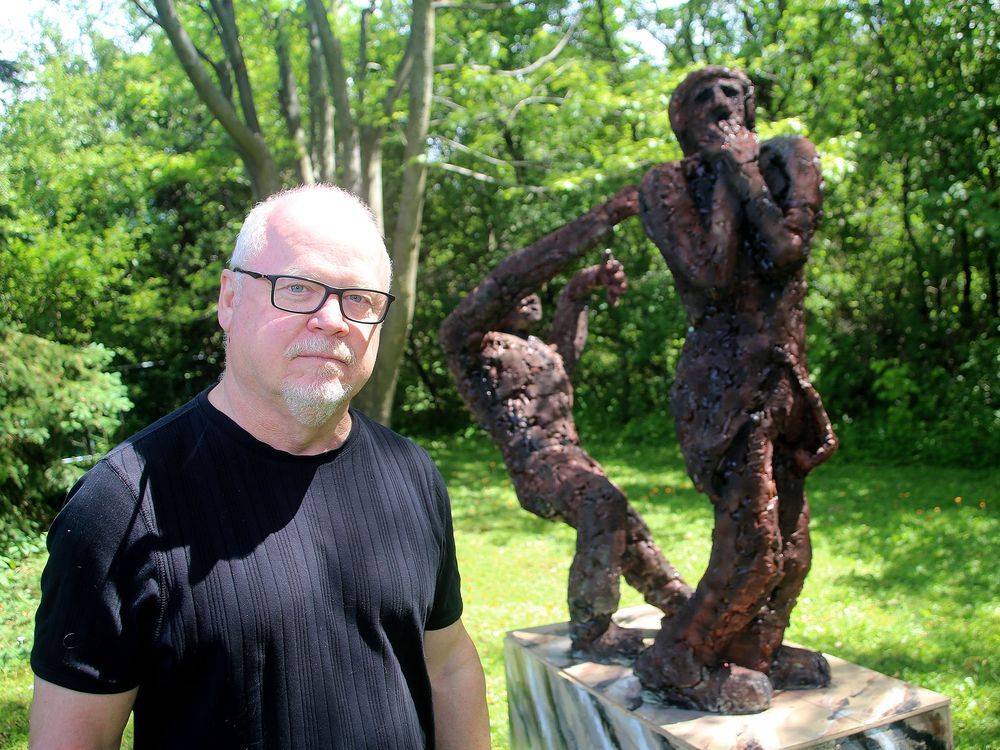Complicated by the fact that the kids that died there came from several different nations, so you would have to get them to come to a consensus as well. I am surprised this is all a big surprise to everyone. The facts were well known and a plan should been in place as to how to deal with this issue, but then INAC and this government is not the best at forward planning, so I shouldn't be surprised....
I'll be totally honest here. I didn't learn a thing about residential schools, at all, during my time in elementary, Jr. High, or Sr. High school. And even during my college/uni years (have a degree in Criminal Sciences) the topic of Residential Schools never came up. The challenges of policing on reserves came up, but nothing was discussed about residential schools.
Throughout my childhood & those school years, we learned, very broadly, about the basic history of Canada. Certain key figures, and the general narrative of 'the white man moving in.' We learned a very shallow, very basic version of how we took their land, certain events that had taken place, etc. Nothing in detail, and nothing anyone could honestly describe as a real education about this, as basic as it was. (Our key learning topics were that Natives were connected to the land, spiritual, nomadic, and the random things connected to the lessons such as 'they liked wolves' and 'had a spiritual connection to the Northern Lights.')
In hindsight, our education about the interactions between Native Americans & Europeans was downright pathetic. Our teachers did always tell us how much better we were for 'not having slaves like in the US'. And they gave a token mention to the Chinese who came over to build our railroad, and how dangerous the work was. A very, very token mention.
The first I had heard about Residential Schools was a few years ago, when residential schools were in the news. The understanding I got at the time was that 'native children were taken from their families, forced to go schools mandated by the government, some of them were run by the church, and there were some pretty bad abuses taking place.'
It wasn't until my neighbour and I stayed up for hours the other night googling everything we could about residential schools and really taking that time to educate ourselves about what was actually happening, that I realized the extent of it. He, being an older man who lived most of his life in Newfoundland, hadn't even heard of them.





